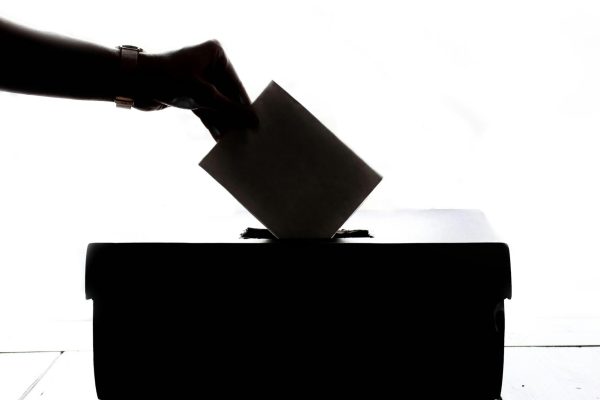MD Raises Age for Tobacco and Nicotine
Some See Law as Response to Vaping Concerns
October 30, 2019
On October 1st, the Maryland bill raising the legal age to buy tobacco and nicotine products from 18 to 21 years of age went into effect. As of this date, purchasing any of the following products under the age of 21 is prohibited by law: vape pens and all electronic smoking devices, liquids used in them, cigarettes, filters, pipes, and rolling papers.
The law, however, stipulates that active military personnel aged 18-20 who can provide a valid military identification card upon purchasing tobacco products, are the only group exempt from the new laws. According to the Military Times, State Senator Michael Houghes who proposed this exception argued, “people in the military, if they’re 19 or 20, can’t smoke a cigarette or a cigar, to me was an affront.”
With the trend of e-cigarettes rising over the past decade, the Maryland Department of Health has seen a substantial increase in tobacco usage by young adults. According to the Maryland Department of Health website, Secretary Robert Neall claims that “most smokers start when they are underage and their brains are still developing. This can quickly lead to nicotine addiction and also make them more susceptible to other addictions.”
While vaping is considered a safer alternative to cigarettes, it is still not safe; nicotine is the main agent of both. Michael Blaha of John Hopkins Medicine reports that as a result this, the nicotine in e-cigarettes, vaping causes a craving for nicotine and can result in withdrawal symptoms as well. The craving and symptoms from vaping are noted as having the potential to be as severe as those resulting from smoking cigarettes.
Maryland is now one of the 18 states to have passed legislation raising the legal age to buy tobacco and nicotine, and more are predicted to do the same. However, according to The Baltimore Sun writer Pamela Wood, the FDA is pushing further and “plans to take flavored products off the market and require companies to have them reviewed and approved before selling them.”













































